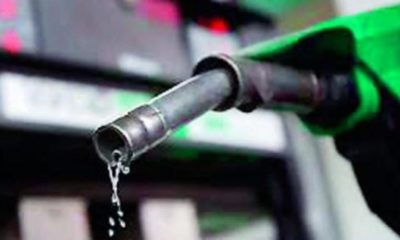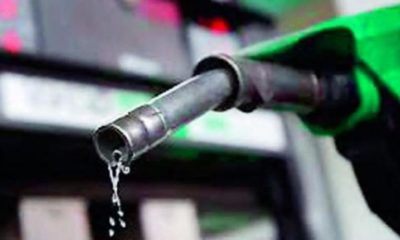News
FG Plans to Merge NNPC, DPR, PPPRA, Others into a Single Agency and Sell/Concession Unprofitable Refineries
According to the draft National Oil Policy released last week, the Federal Government is set to scrap Nigerian National Petroleum Corporation (NNPC), Department of Petroleum Resources (DPR), and Petroleum Products Pricing Regulatory Agency (PPPRA), and other regulators and consolidate them into a single agency – Petroleum Regulatory Commission (PRC).
“Although the agencies generally work well together, their roles, sometimes, overlap and there are significant information gaps within the government as, sometimes, one institution is unaware of what the other is doing.
At the same time, policy making capacity has been weak, resulting in NNPC and its subsidiaries setting policy and regulation as well as conducting operations in the petroleum sector. The result is an ineffective and inefficient institutional environment in the petroleum sector in Nigeria,” the document stated.
The draft policy is also proposing that the PRC will be supervised by the Ministry of Petroleum Resources.
According to the document, the Minister will set the policy for the PRC; ensure monitoring of the implementation of the policy; and ensure monitoring of the performance of the authority.
“This does not mean that the regulatory authority will report to the Ministry on a day to day basis. The new single regulatory authority will be an operationally independent regulatory institution. The Minister’s involvement will be hands off and just to ensure that the regulatory authority properly carries out its roles of implementing the policy,” it explained.
The document also stated that FG is considering policies that would rule out the automatic renewal and extension of oil and gas licenses.
It also stated that unprofitable refineries would be divested, sold off, concessioned or if necessary, closed down if they are not viable and profitable within a transition period.
“The aim is to make the NNPC refineries successful, high volume, commercially viable enterprises. They will be encouraged to become so and will be supported as much as it is within the government’s ability to do so.
Of the three NNPC refineries (Port Harcourt, Warri and Kaduna), Port Harcourt is expected to be the best placed to succeed. It has installed its independent gas-fired power supply; it has undertaken its own turnaround maintenance; it is close to jetties and the pipeline length from crude oil suppliers is short (less of a pipeline security risk); it is operationally ready to produce refined products to international standards, although the cost structure is still not right.
Of the three, Kaduna, is perhaps, the least ready currently because of its distance from crude oil supplies and reliance on a poorly maintained crude oil pipeline,” the document stated.
Credit: Vanguard























